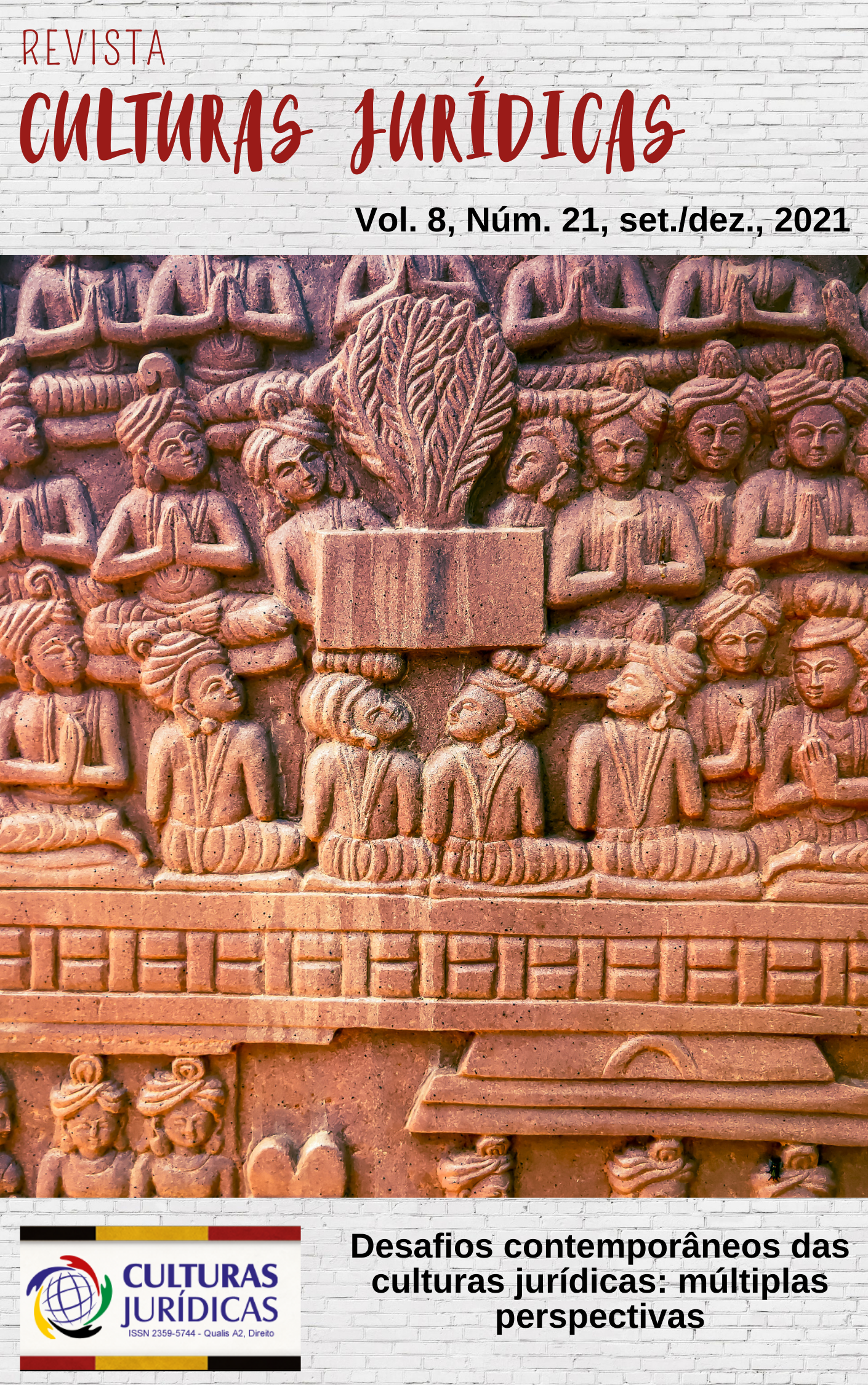PARTICIPATORY LEGAL EDUCATION DURING THE COVID-19 PANDEMIC:
HOW TO TRANSPORT ACTIVE METHODOLOGIES TO THE VIRTUAL ENVIRONMENT – EXPERIENCE REPORT
DOI:
https://doi.org/10.22409/rcj.v8i21.54345Abstract
Through triangulated qualitative research, professors and monitors describe and analyze concrete strategies, used in the virtual environment, in favor of a more participatory legal education, with a focus on competencies and skills. The study starts from the premise that the traditional teaching model, of a strictly expository character, does not contemplate the training needs of future legal professionals. The research problem concerns the practical difficulties faced by teachers in the participatory model, either because they had no previous contact with active methodologies when they were law students, or because they do not know how to adopt them in the new context of virtual classrooms. the starting question that drives field research can be summarized as follows: how to obtain a good level of engagement on the part of students, focusing on the development of their skills and abilities, in the context of virtual classes that took place after the Covid-19 pandemic? The findings were selected on the basis of real experiences, conducted by the authors, and were reported in order to share the most significant strategies with the interested public.





